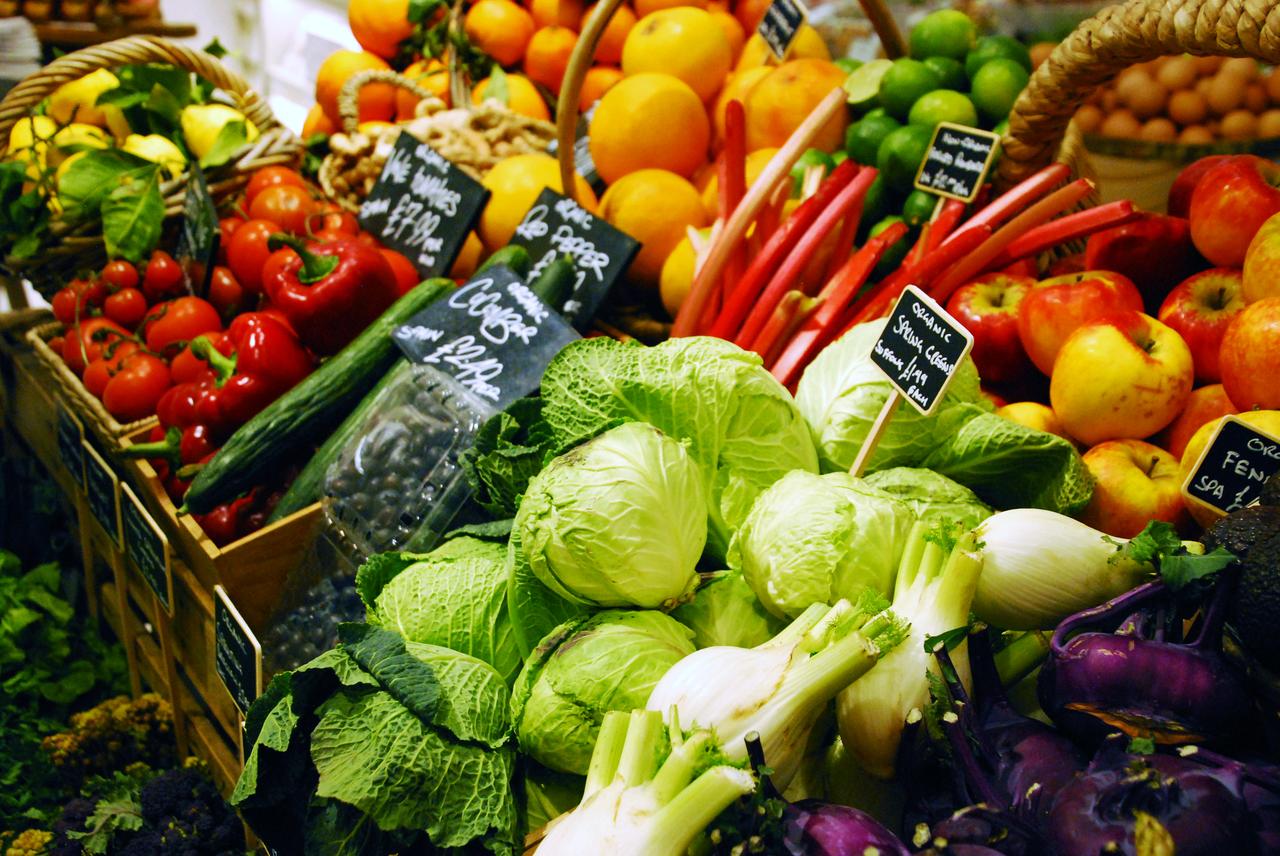Climate change woes: Stormy days ahead for K-P food security
Province’s food growers are beginning to suffer the adverse effects of man-made environmental changes

PHOTO: REUTERS
“It is not only me,” explained the Khyber-Pakhtunkhwa based farmer. “My relatives, other farmers in the area… all of us face the same problem,” he said. “There was a time our land would generate a huge surplus that we would sell in the open market, but this year, our product is just about enough for our families’ needs.”
So what exactly has got Saadullah and his fellow K-P farmers down in the dumps? According to experts, cultivators across the province are beginning to feel the adverse effects of environmental change triggered by human activities.
“Climate change is now posing a great threat to food security in K-P and the rest of the country,” said Dr Asif Khan, an associate professor at the Peshawar University Environment Department. “Due to an ever-increasing population, the demand for food is growing on one hand, but on the other, manmade changes to the environment are significantly impacting agriculture.”
Dr Muhammad Arif Khan, who teaches agronomy at the Agriculture University Peshawar, agreed. “This year, the agriculture sector could not receive an adequate water supply, but an ever-growing population and the resultant increase in urbanisation are severely impacting our agriculture industries and food security,” he told The Express Tribune.
“The threat climate change is posing to our food security is becoming very obvious,” warned Dr Asif. “For instance, take the changes in the duration of seasons. Along with changes in atmospheric conditions, they are already causing detriment to crops such as wheat and maize.”
“A prolonged summer delayed the sowing of wheat seeds. The crop, in its vegetative state, needs a substantial cold period so it can flower in spring. But because of the delay in sowing, this flowering stage has been put at risk,” he pointed out.
Meanwhile, high temperatures due to global warming have altered rain and precipitation patterns, and led to increased torrential downpour in one area and droughts in another, the Peshawar University professor said. “Change in precipitation has lowered the groundwater table in many areas, reducing the amount available for cultivation.”
He added that higher temperatures have also reduced the nutritional quality of seeds, leading to smaller grains and low overall yield. “Research in other parts of the world has shown that a 1°C increase in the mean ambient temperature has significantly reduced crop yield. It is anticipated due to global warming that by the end of the century the mean global temperature will increase to about 4°C and this will have devastating impacts on agriculture globally and locally,” Dr Asif warned.
 Representational image. PHOTO: REUTERS
Representational image. PHOTO: REUTERSDr Arif of the Agriculture University Peshawar suggested that authorities and crop growers could look into using cultivable land in K-P that is not currently being used to reduce food security risks for the time being. “Of K-P’s total 2.96 million hectares of cultivable land, cultivation is taking place on only 1.8 million hectares. The remaining 1.16 million hectares could be used for farming with marginal investment,” he said. The professor warned, however, that the 930,000 hectares that depend on timely rains for water did expose a large rural population weather-triggered risks.
Wind erosion is posing another major problem for food growers in K-P and the rest of the country, according to environment expert Nadeem Shaukat who works Sustainable Land Management for Food Security.
“As a country that is 80 per cent arid or semi-arid, 200 million people depend on what is essentially dry land for livelihood,” he said. “Out of the total land of Pakistan which amounts to 79.6 million hectares, 62 million hectares are vulnerable to desertification. Waterlogging and salinity are impacting 11 million hectares while five million are degraded by wind erosion,” he pointed out. “Of the 52.2 million hectares classified as rangelands, 48 per cent have already been degraded.”
“Between three and five million hectares are affected by wind erosion in Pakistan while the amount of soil removed by wind constitutes 28 per cent of total soil loss,” Shaukat said. “Another 11 million hectares are affected by water erosion, according to the Global Assessment of Soil Degradation (GLASOD).”
He added that forest cover is shrinking by 3.1 per cent every year and the loss of soil fertility alone is costing Pakistan Rs70 billion annually. “As much as 40 million tonnes of soil are carried into the Indus Basin every year, shortening the lifespan of major reservoirs,” he told The Express Tribune.
The environment expert also highlighted a UNICEF survey that revealed 36.9 per cent of Pakistani households are already ‘food insecure’ while 18.3 per cent are facing ‘severe food insecurity’.
Published in The Express Tribune, October 25th, 2019.



















COMMENTS
Comments are moderated and generally will be posted if they are on-topic and not abusive.
For more information, please see our Comments FAQ